Ivar I
(985-992)
(first reign)
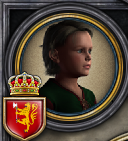
The first reign of Ivar I was a tumultuous time for Norway. Almost all of his reign embroiled in civil war, the child king was doomed from the start.
His reign
The little three year old king’s first two years on the throne were comparably peaceful ones. His uncle the bastard Olafr was appointed regent, only to be deposed within months by the young king’s mother. The same year of his ascension, settlers from Norway are reported to have reached Greenland. Central control of these colonies are practically non existant though.
The war with Jylland which Ivar inherited from his father were two years later still not decided, and the situation turned for the worse when Bersi, the bastard halfbrother of the king declared his intent for the throne and declared war. In the confusion in the start of the civil war, the previous regent and uncle of the king manoeuvred into the postion as regent again, and months later tries a coup de etat to take over the kingdom for himself. Ivar and his court barely escaped and the civil war was now a three way affair.
Later the same year the other bastard uncle of the king also declared his intent for the throne, and the civil war now being between four parts, the regency council realized they needed to cut their losses. Peace feelers were sent out to the Jyllanders, and not long after the Treaty of Skåne was signed.
The troubles for young Ivar contined, however, as Haraldr, a distant relative, declared his intent for the throne. Days later news arrived that Niklar Hypatiosson, a noble upstart, also wanted the kingdom for himself. The situation was now a complete mess, and Ivar had now in reality lost, fleeing from place to place with his enemies in pursuit. In 991 Pierre’s Host declared war on Ivar to conquer the Scottish province of Morray, and moved in on the defenceless piece of land. In March 992, the bastard Olafr corned and captured Ivar and forced him to sign away the kingdom. With this, the reign of Ivar I was over, and Olafr I the Usurper declared himself the rightful king of Norway. He still had half of the country in open rebellion, however.
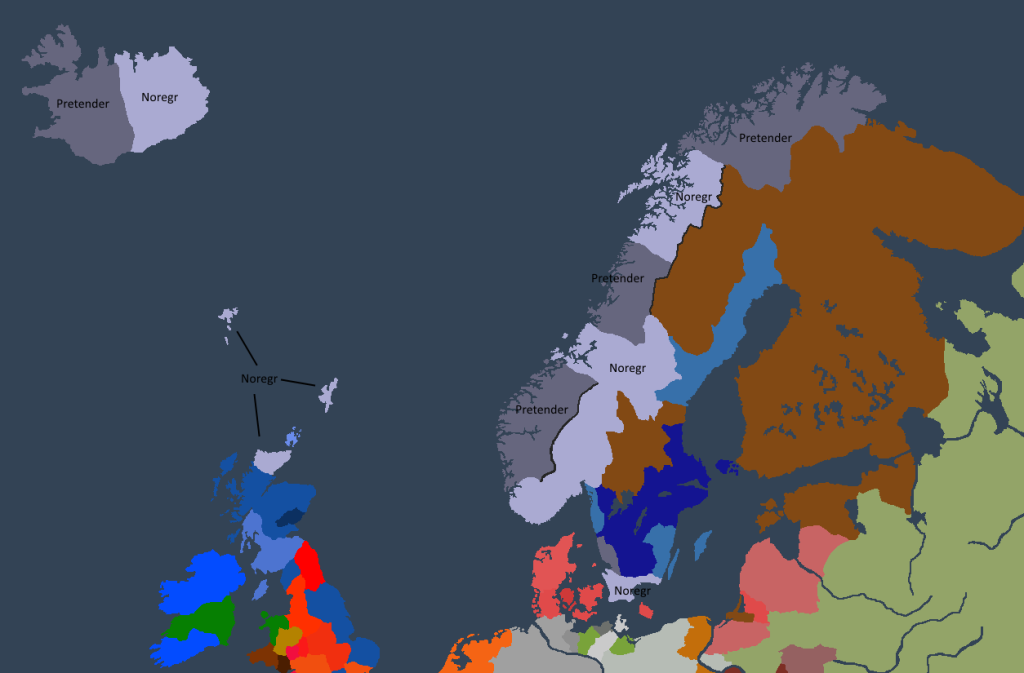
The sitation in Norgesveldet at the fall of Ivar I.
Aftermath
The first reign of Ivar I is remembered in Norwegian lore and littature as a period of great strife and instability, but the period has also been a great inspiration for later playwrights and authors, the long flight of Ivar being the inspiration for some of the greatest novels of the 1800s.

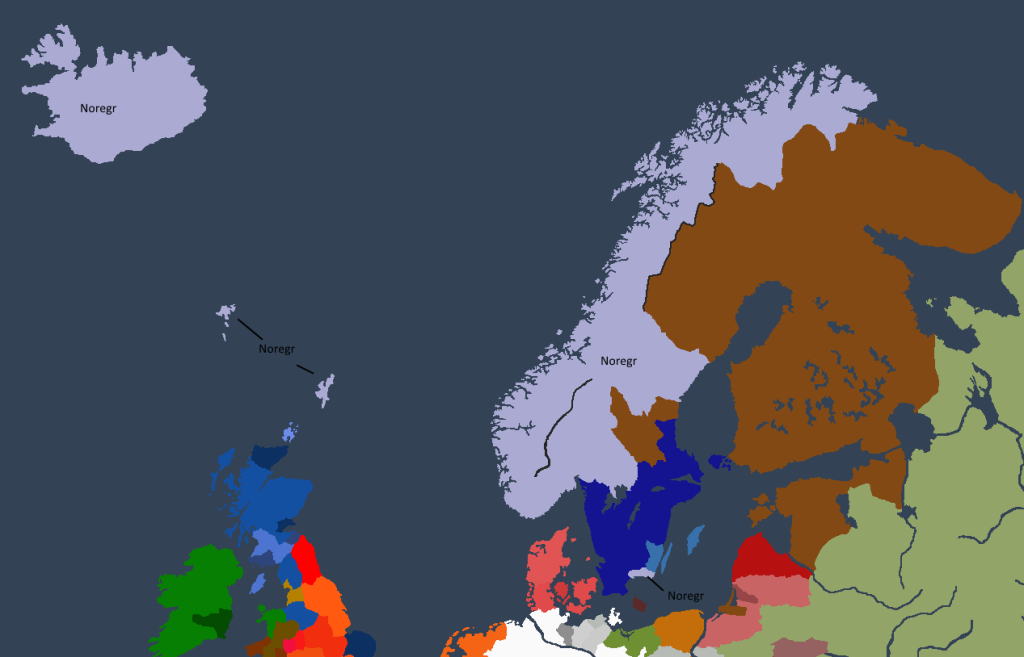



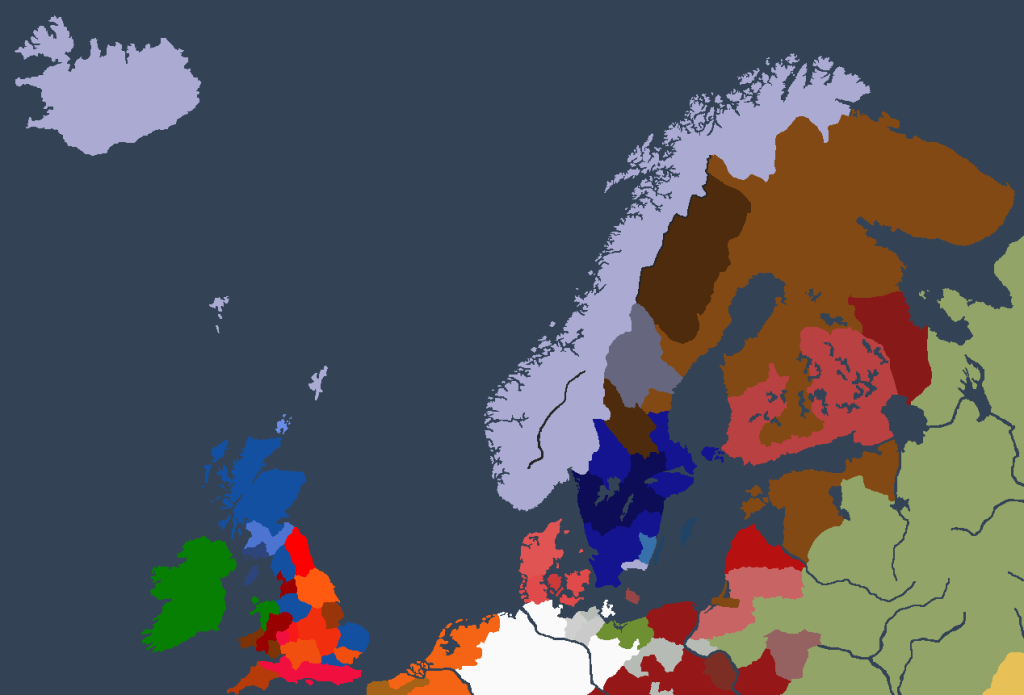

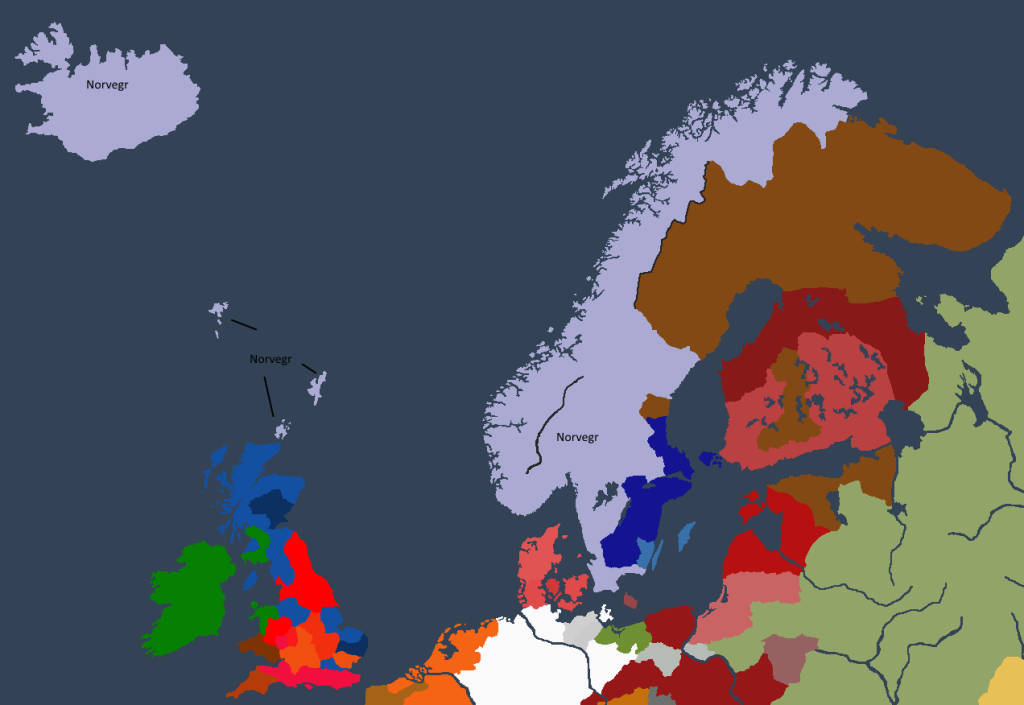

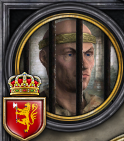
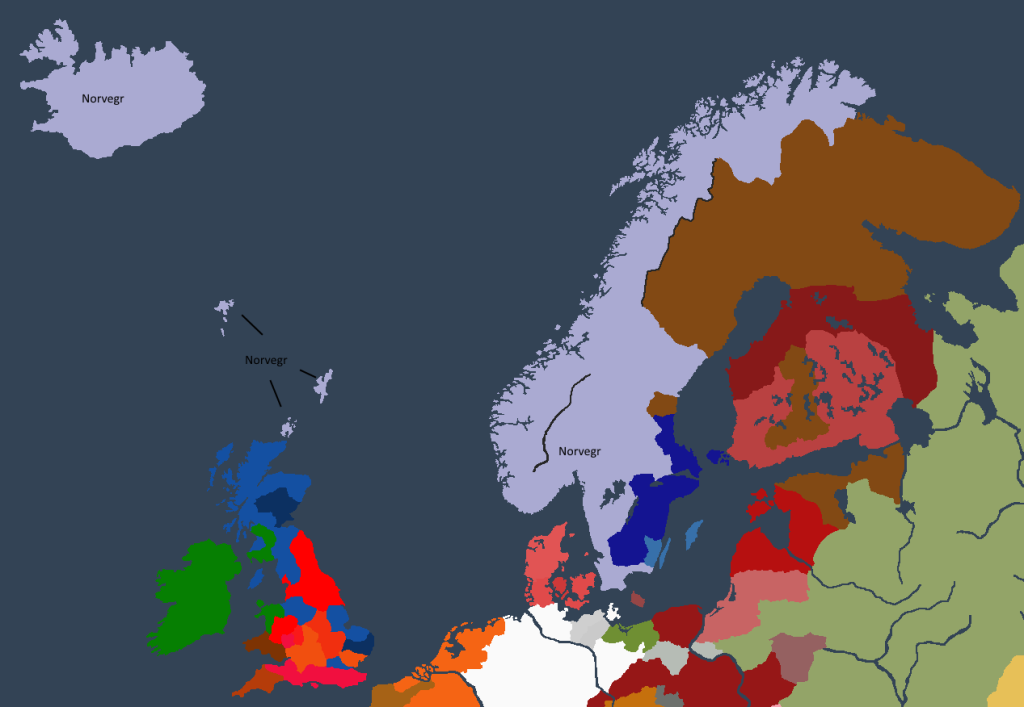
Comment